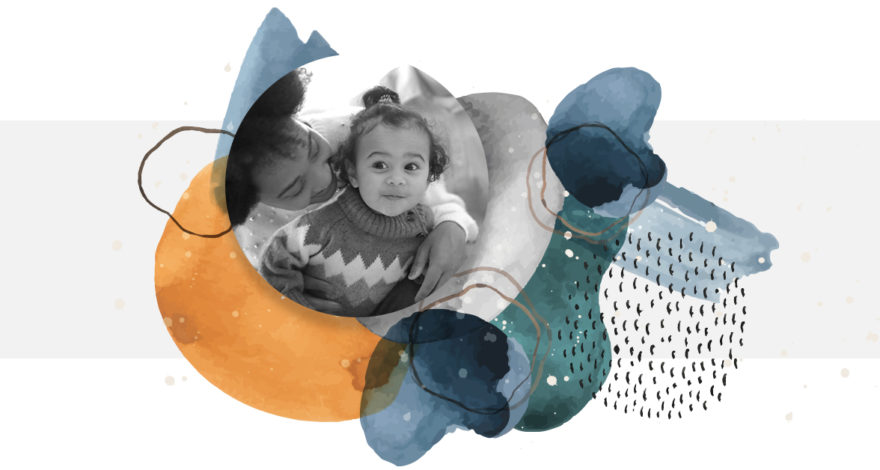A social worker talks about how $400 a month is helping young moms—and how gratifying it is to be able to help
When Katie O’Leary visited Carmela Junoz (names have been changed), one of the young mothers in the Family Health Project pilot, she was welcomed into a bedroom in an unlicensed rooming house that Junoz was sharing with her baby’s father and his mother. The landlord rented bedrooms in an unlicensed home to numerous unrelated men and women, all sharing a bathroom and kitchen. Not the ideal circumstances for a newborn, but it was all that the young parents could afford.
“These girls are in desperate situations,” said O’Leary, who is the homeless prevention caseload manager at a private social services agency in Gloucester, Mass. O’Leary and other caseworkers help distribute the $400 a month the new mothers receive as part of the Family Health Project and also connects them to needed services and job supports.
Of the 15 mothers enrolled, three are living in basements or attics in a friend or family home. Nine others are in multigenerational households. All are from Central America, most have limited or no English skills and limited education (three have not gone past eighth grade), and no steady income. None are allowed to work given their undocumented status. The majority are under age 23 and for all, this is their first baby.
“I have one girl all on her own who sent me text messages from the delivery room because she didn’t have anyone else. She was just so excited to tell someone about the baby,” said O’Leary. “We are literally the saving grace for 14 of the 15 families.”
Despite the tight quarters, Junoz was happy to see O’Leary. She’d knitted a sling that fit into the laundry basket as a makeshift bassinet and wanted to show O’Leary how snugly the baby fit.
“She was so excited to show me,” said O’Leary. “Everything was immaculate. They were such gracious hosts and were just so happy to have whatever little they can.”
Many of the young women are still stunned that they are receiving the $400 each month, she said. O’Leary texts the women when the money posts to their debit card. “It’s almost like a shock—’My money came again!’ they’ll text.”
The moms are using the money for necessities like food, rent, and diapers. One family with no money coming in used the $400 for a bus pass for the father so he could get a job and for ESL classes for the mother. Although the babies are eligible for food stamps—one of only a handful of safety net programs immigrants are eligible for—few sign up because of the fear of Immigration and Customs Enforcement (ICE), O’Leary said.
A recent study by Washington University on the expanded Child Tax Credit, which is similar in design to the Family Health Project, found that, like the young mothers, families are using the CTC payments for food, bills, and to pay off debt. The young mothers in the Family Health Program, like other undocumented immigrants, are not eligible for the Child Tax Credit or other government assistance. During COVID, more than 11 million immigrants were ineligible for government pandemic relief and faced extreme hardship as a result, a recent study finds.
“We’re just helping them hang on until they gain citizenship,” O’Leary said.
For O’Leary, the program is one of the most gratifying projects she’s worked on in her career. She sees the impact that $400 a month has firsthand and knows that without it, the mothers and babies would easily slip through the cracks into deeper poverty, probably for a lifetime, with devastating impacts on the child’s development. She is also struck by the power of unconditional money, she said. “It’s empowering for them. And it’s a level of compassion that this group of women is not used to.”
The Family Health Project is expanding in November to serve 15 more first-time mothers in Boston, and we’ve recently received a challenge grant from an anonymous philanthropist who will donate $250,000 to Family Health Project if we can raise the same amount (gifts and pledges) from individuals by December 31st. A beautiful, inspiring development, to be sure. If you’re inclined to help, here is an easy way to do so.
As we wrote in a prior post, we are learning and adjusting as we go. But we know one thing: money matters to a child’s healthy development and we will continue to perfect the model so we can serve many more in need.
